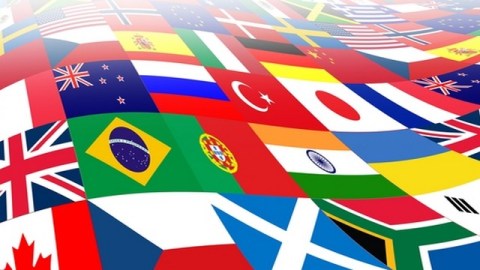Will Globalization Create a One-World Culture?

Article written by guest writer Rin Mitchell
What’s the Latest Development?
The extensive use of social networking sites and the internet is breaking down cultural barriers—allowing us to share our culture and knowledge with one another. Global brands like Starbucks that have started in one small town in the United States and now appear on the corners in countries around the world in Japan and Argentina. It is an idea that can be embraced that sitting in a café having a cup of coffee is something shared among different cultures. Cultures are becoming less closed off and repetitive in its evolution from one generation to the next. Animals begin again and relearn with each generation of their kind, whereas humans incorporate, add to, change and diversify our cultures as we move from one generation to the next. Times are changing and whether it be for a job, relationship or new experience—people continue to intermix culturally. It is a good thing because “cultural homogenization” makes us more accepting, increasing our “sense of togetherness via the sense of a shared culture.” However, even with all the positives indicating the world could be headed towards a one world culture—there are other factors like demography and resources, which suggest the reality of such cultural unification is still centuries away.
What’s the Big Idea?
The question asked: why have humans had so many distinct cultures in the first place? People already know how to cooperate within their own cultures despite some of the social differences, so we are capable of forming into larger social groups of the modern world. But in terms of social groups, it comes down to a share of commonalities. There will be the need to be classified by economic and social levels for specific privileges. Should resources become scarce who would be entitled to what? Although globalization is taking place and our “capacity for culture” is increasing, there are still issues that would arise—causing smaller cultural and/or social groups to turn inwards and disengage from the whole—losing that sense of unification.





